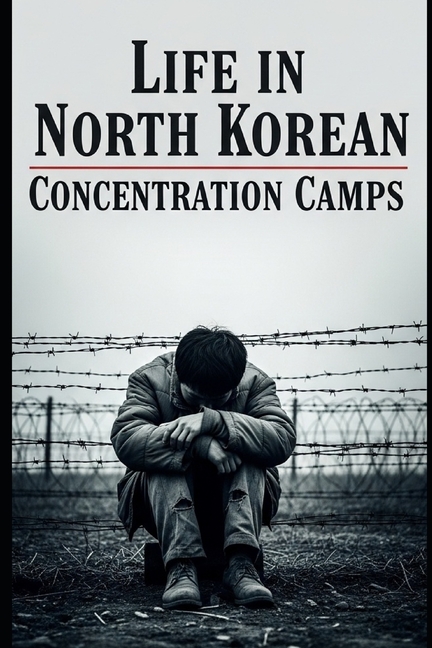Description
The book Life in North Korea's Concentration Camps confronts us with a painful reality that challenges the very core of our humanity. From an ethical and moral standpoint, it forces us to face uncomfortable questions about the value of life, collective responsibility, and the complicit silence in the face of suffering. North Korea's concentration camps-with their systematic brutality: forced labor, malnutrition, torture, family separation, relentless surveillance-are not just a political aberration; they are a direct assault on any notion of human dignity.
Ethically, what the book describes is a system built to dehumanize. Prisoners are not treated as people, but as tools or threats. Their identities, their relationships, their hope-all are stripped away, reducing them to mere numbers in a machine that serves the regime. This raises a fundamental question: how can any system justify the annihilation of thousands of human beings, including children and entire families, in the name of political control? The truth is, it can't. No ideology, no concept of sovereignty, no promise of "stability" can excuse the erasure of a human being's essence. Morality demands that we reject any logic that normalizes this kind of suffering.
The principle of "guilt by association" (yeonjwaje), which punishes entire families for the alleged crimes of one individual, is particularly appalling. It goes against every sense of justice. To punish a child for what their grandfather did is not only cruel-it corrupts the very idea of moral responsibility. It reminds us that totalitarian systems don't only seek to control bodies-they aim to dominate souls by destroying the bonds that make us human: familial love, solidarity, trust.
From a moral perspective, the book also confronts us with our own inaction. As detailed in section IX, the international community has condemned the camps, imposed sanctions, and published reports. Yet the camps remain. Every day, people continue to die from hunger, exhaustion, and torture. Knowing this and failing to stop it makes us complicit-even if by omission. This isn't just North Korea's problem; it's a challenge to all of us. What do we do when we know these atrocities are happening? Is it enough to condemn them from afar, or are we morally obligated to act-even at great cost?
The testimonies of survivors like Shin Dong-hyuk and Kang Chol-hwan serve as a reminder of human resilience-but also of its fragility. These individuals survived not only physical horror but a calculated attempt to erase their humanity. Their stories force us to ask: what would we do in their place? How does one mentally survive a place where hope is a luxury? The answer is not simple, but it teaches us that dignity, though attacked, can never be entirely destroyed.
Ultimately, the book urges us to reflect on the value of memory. Documenting these atrocities, as highlighted in section X, is not just an act of justice for the victims-it is a warning for the future. If we forget or ignore what is happening in these camps, we risk repeating the mistakes of the past, allowing other regimes to justify the unjustifiable. Morally, we have a duty to keep this memory alive, to ensure that the suffering of these people does not fade into silence.
In sum, this book is not just a description of a system of camps-it holds up an ethical mirror. It asks us what it means to be human, what responsibility we bear for the suffering of others, and how we justify our passivity in the face of a system that tramples everything we hold sacred. There are no easy answers-but ignoring the questions would be the greatest betrayal of our own humanity.
Product Details
- Jul 9, 2025 Pub Date:
- 9798291783573 ISBN-10:
- 9798291783573 ISBN-13:
- English Language




